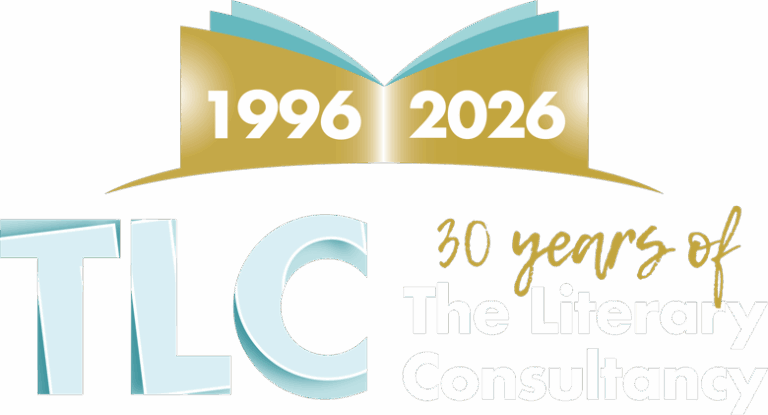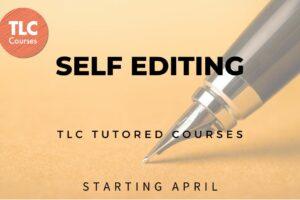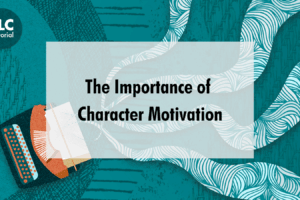Saturday 27th September 2018. Farringdon. Everywhere the plant of brick on brick, where screaming cutting machines scythe through the clank of construction. We are all builders here, a collection of mentees constructing our stories with the help of The Literary Consultancy. Ensconced in The Free Word Centre, we met, swapped experiences and heard from industry professionals, with the spectre of a ‘Pitch’ hovering over the day.
Oh ‘The Pitch!’ Despite years of pitching stories to screenplay audiences, agents at SCBWI parties and one to one’s in the back room of a pub, it’s still a terrifying process. I’ve attended whole day workshops on how to pitch, stood at the front of lecture theatres delivering a pitch and it still makes my toes curl. I’d like to say it’s got easier, it has in a way. I trust my audience more, it helps to know the TLC day is a safe space. It helps to practice.
Practice, and practice again, and if you’re not sure, practice some more.
Practice
That’s important, find a positive listener, even if it’s your own reflection in the phone cam or mirror, you need encouraging feedback when your baby pitch emerges into the world. I’d practiced my three minutes’ worth at home. Intro, pitch and reading. My husband batted it back to me, ‘It’s not ‘Rocky’, where are the questions? What happens?’ He’s right, it’s not ‘Rocky’. How do you pitch a quiet novel that doesn’t have that high concept tag line? Here’s a few pointers I’ve picked up along the way:
Be aware of your audience but beware of saying what you think they want to hear.
Do your research, pitch to the right audience, but don’t try to please too much. I was in a panel interview once where we were asked to say what our best friend might have to say to about us at our funeral? The other candidates began by saying how much they would be missed, how they achieved what they wanted in life, it came to me and I said I would like my best friend to shout, ‘They’re not dead!’
Take constructive criticism
You need to listen to the advice of other, respected writers. I count myself as very, very fortunate to be in receipt of an Arts Council bursary through TLC that gave me a mentor for the Chapter and Verse scheme. I’ve been lucky, in that I’m matched with someone who gets the drive of my book, (Kerry Hudson) and is persistent in gently reminding me, that as a semi-fictional biography, it must move from an episodic life to have the structure of a story. I’m trying to react and respond, whilst also trying to finish the damn thing. I’m getting there. It’s hard. I need the agreed deadlines, the structure and conversation that a mentor gives. I lose confidence, she gently shores me up, I lose my way, she points out the path. I’m longer in the tooth than many other emerging writers, settled in my ways and habits, perhaps less comfortable with criticism, but I’ll take it from someone I respect as much as Kerry, someone who ‘gets’ my novel, who shares those same stories from a similar background and champions underrepresented voices. I’m telling this story because who was there to hear my Nan’s voice in a context where women were rarely heard? Take feedback for your pitch and respond accordingly. They know what they’re talking about.
Be honest
Kish Widyaratna (editor at Picador publishing and attendee at the TLC industry day) said imagine you are talking to a friend in the pub. I try this later, in the pub:
Friend
How was your day Jools?
Jools
Great, except I was intimidated by the talent in the room, there are writers writing about Boko Haram, whistle blowing, Anglo Indian history. I’m…
(beat)
Writing about my nan in Manchester…
Have the courage to believe your story is worth telling
Believe in the heart of your story. Write your pitch down, read it out. Read the book blurbs in novels of a similar genre to your own, look at film tag lines, Goodreads, Amazon, booksellers’ descriptions and reviews. Practice, and practice again, and if you’re not sure, practice some more. When you come to the pitch, be comfortable and remember to breathe.
Do your research, pitch to the right audience, but don’t try to please too much.
Have a three point pitch structure
Kish advised, ‘The book is like this, it’s told like this, the reason it’s really great is…’. Keep your pitch simple and focus on these three things to help refine what you’re saying.
Given all that, it comes to the end of the TLC day, and the chest clenching, heart wrenching, palm sweating pitch. My words feel like someone else’s – I try to do too much, but the reading goes down well. There’s polite applause and kind feedback, it’s much appreciated, and the information from the Industry Day helped me think about where my book might ‘sit’ within the market. Uplit, a charming, relationship based, hopeful story.
Jools is currently enrolled on TLC’s Chapter & Verse Mentoring scheme under the mentorship of Kerry Hudson. More on Chapter & Verse here.








